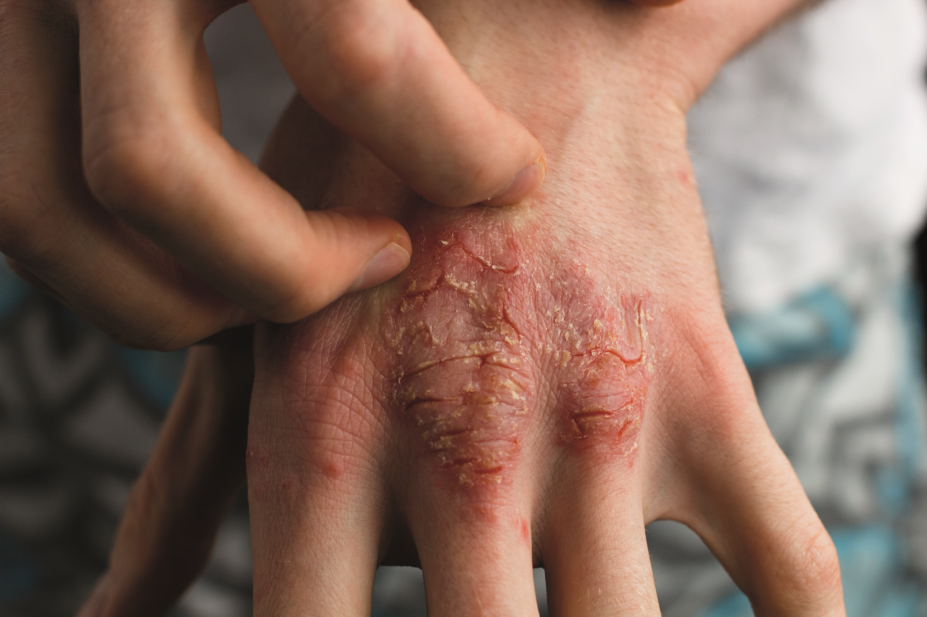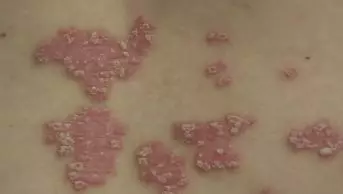
Shutterstock.com
Inflammatory skin conditions like eczema and psoriasis are known to have a genetic component, which is often related to the tumour necrosis factor (TNF) superfamily.
In a paper in the Journal of Investigative Dermatology (15 July 2017), researchers explored the role of inhibitor of apoptosis proteins (IAPs), signalling molecules that are involved in TNF-mediated cell death, in the skin’s homeostasis[1]
.
In mice, they showed that IAP deletion, either in the epidermis or keratinocytes, resulted in skin inflammation and keratinocyte death resembling dermatitis. But this effect was attenuated in mice who were missing one copy of an allele called Ripk1, which encodes an enzyme involved in cell apoptosis signalling, and to a greater extent than in mice with complete absence of TNF.
The results indicate that targeting Ripk1, which is already being explored in inflammatory bowel disease, could be an effective option for treating inflammatory skin diseases and might help patients who fail to respond to TNF-inhibitors, the team concluded.
References
[1] Anderton H, Rickard J, Varigos G et al. Inhibitor of apoptosis proteins (Iaps) limit Ripk1 mediated skin inflammation. J Invest Dermatol 2017. doi: 10.1016/j.jid.2017.05.031


